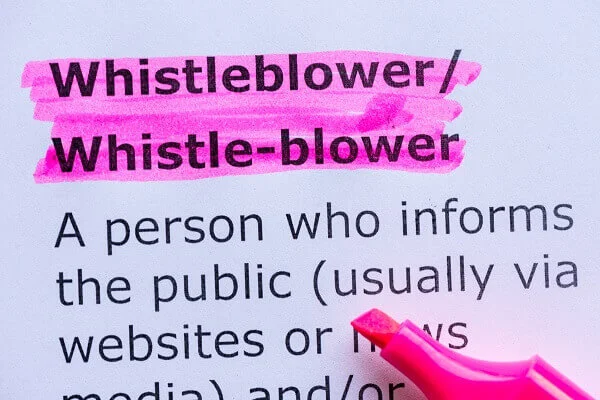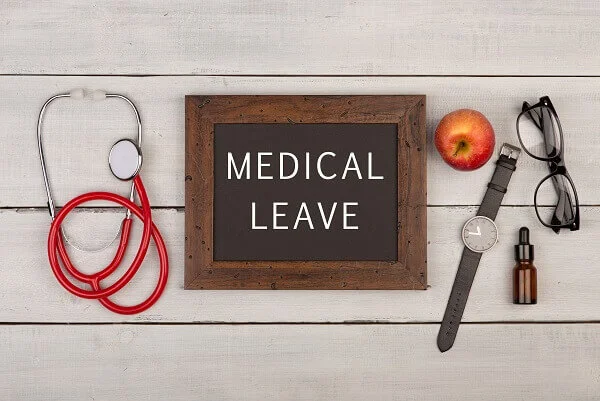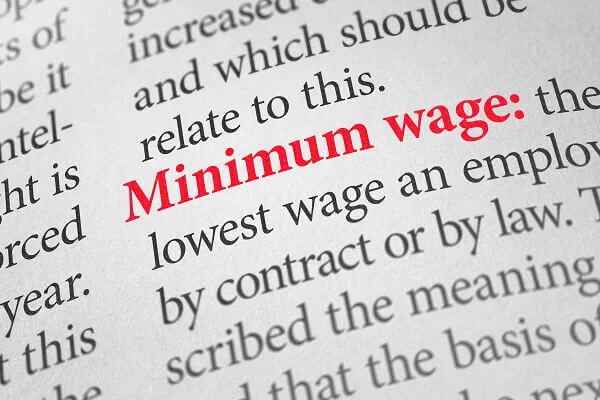It does not appear that advertising restrictions faced by cannabis businesses along the West Coast and elsewhere will lighten up any time soon. Recently, both Washington and Oregon passed legislation prohibiting businesses from advertising cannabis through the use of mascots and roadside mannequins, respectively. Moreover, California is well on its way to passing the most restrictive advertising legislation yet.
Life Cycle of SB 162
In early 2017, California Senator Ben Allen introduced SB 162, a bill directly addressing the marketing of cannabis.
In June, the Senate unanimously passed SB 162.
Thereafter, the bill underwent the amendment process.
On September 1st, the Committee on Appropriations held a hearing on SB 162.
Currently, the status of SB 162 remains “in committee process.”
SB 162: What it is and Why it’s “Necessary”
The advertising restrictions set forth in SB 162 prohibit California businesses and individuals from “all advertising of cannabis or cannabis products through the use of branded merchandise, including, but not limited to, clothing, hats, or other merchandise with the name or logo of the product.”
California lawmakers cite a number of reasons that explain the rationale for creating and supporting SB 162, including the following:
The RAND Drug Policy Research Center determined “that a comprehensive ban on advertising through branded merchandise by persons and companies licensed to sell cannabis can be a justified public health approach.”
The American Academy of Pediatrics issued a recommendation that the government should impose a “comprehensive ban on advertising through branded merchandise by persons and companies licensed to sell cannabis.”
Evidence suggests a direct link between tobacco companies’ now-prohibited use of branded merchandise and teenagers’ increased use of tobacco and alcohol. It therefore follows that California must similarly ban cannabis businesses from advertising through the use of branded merchandise.
In 2010, a federal court concluded that a ban on the use of branded merchandise by tobacco companies was legal because the government has a “substantial interest in reducing youth tobacco use. The court also agreed with the government’s finding that even when branded merchandise is provided solely to adults, “there is no way to limit the distribution of these items to adults only.”
The California legislature believes that if legally challenged, the court will conduct a comparable legal analysis and make similar findings regarding the use of branded merchandise by cannabis companies - ultimately confirming SB 162 is necessary and enforceable
Opposition to SB162
Despite the Senate’s eloquently-described rationale behind SB 162, the California Cannabis Industry Association argues that the bill creates a fear-based, unnecessary, and misguided ban on branded merchandise that:
Will not result in a decrease in underage marijuana use as implied by the Senate.
Will result in significant damages to small cannabis businesses.
Practical Effects of SB 162 on California Cannabis Businesses
Assuming SB 162 maintains its current trajectory towards the top, it will not be long before state law officially prohibits California businesses and individuals from “all advertising of cannabis or cannabis products through the use of branded merchandise . . .”
As a result, the extensive ban on branded merchandise will create the biggest problems for the state’s small and medium-sized cannabis businesses. Why? Because these players heavily rely upon the use of branded-merchandise marketing to hopefully establish a unique (and memorable) identity that just might stand out in a rapidly-growing and crowded marketplace.
Questions About SB 162 and Its Impact On Your Business? Speak to a Knowledgeable California Attorney Today
California’s young but rapidly-growing cannabis industry is subject to a continually changing legal landscape. The biggest example of this is the recent repeal of Proposition 64, quickly followed by the newly-enacted MAUCRSA. In other words, California’s cannabis businesses are subject to rules and regulations that may or may not apply on any given day.
At CKB Vienna LLP, we have significant experience creating effective legal strategies to help our cannabis business clients prepare for known, upcoming changes to relevant laws and regulations. We also have extensive experience helping clients manage and resolve urgent matters caused by unexpected, sudden, and/or forgotten changes in one or more important and applicable laws.
With the passage of SB162 looming, it is important for cannabis business owners to plan accordingly. It may become necessary to implement changes to business plans, marketing campaigns, advertising strategies, and other business decisions. Let us help you proactively approach the possible scenarios you may face in light of the proposed bill.
Talk to the experienced attorneys at CKB Vienna LLP today. Call one of our three offices to schedule a consultation, or contact us using this short online form.





















